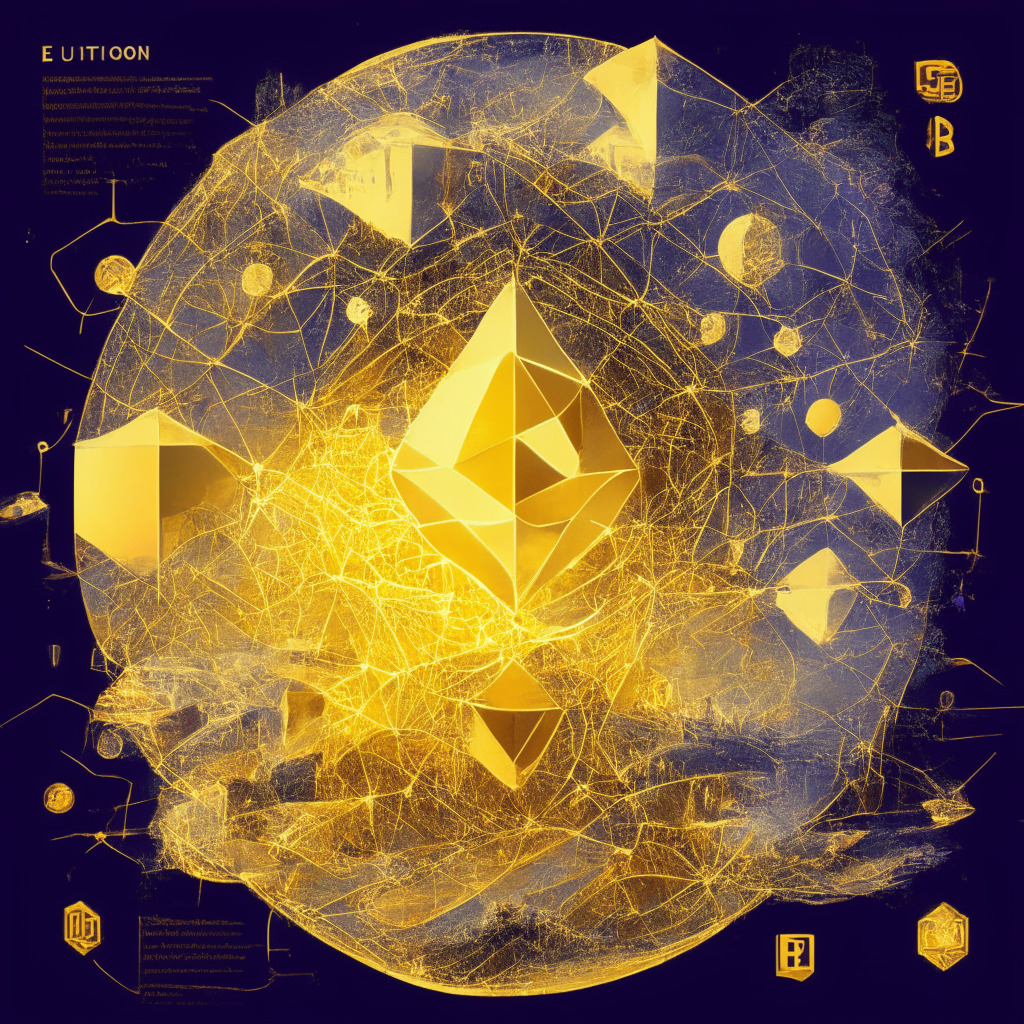Ethereum layer-2 blockchain Arbitrum recently announced plans to distribute almost $6.2 million worth of ETH to its decentralized autonomous organization (DAO). The rewards will come from base fees and surplus revenue generated from network transactions, totaling 3,352 ETH. This move follows a disagreement between the Arbitrum team and its community members over a large fund transfer that was not approved by ARB token holders.
DAOs are internet-native organizations that are collectively owned and managed by their members. These organizations have treasuries and make decisions through proposals that are voted on by the group. Arbitrum has claimed to be the only rollup that sends all its surplus revenue generated by transaction fees to its respective DAO.
Arbitrum is a scaling network widely used by decentralized applications (dApps) and blockchain developers. Users pay fees during transactions on Arbitrum One, which are currently $0.25 for sending ETH and $0.68 for swapping tokens. CryptoFees data reveals that users paid $387,423 in fees over the past week.
Fee payments are divided into two sections – L1 and L2 fees. The L1 fee covers the cost of posting a transaction on the Ethereum network, while the L2 fee covers the cost of running the network itself. A revenue breakdown shows approximately 582 ETH of surplus funds generated from the L1 fee, 1,308 ETH from base fees, and 1,462 ETH surplus from the L2 fee, leading to the DAO’s total revenue of 3,352 ETH.
A proposal discussion on Arbitrum’s governance forum laid out an approach for the periodic revenue distribution to be triggered by a smart contract. However, only delegated ARB tokens would be eligible for this distribution, with token holders required to claim their rewards. Arbitrum claims this will “align community incentives and give ARB a purpose beyond a worthless governance token.”
While the majority of community members support the proposal, a few have raised concerns that the revenue distribution could cause ARB tokens to be classified as a security. Regardless of these concerns, the incentive program demonstrates that Arbitrum is committed to the well-being of its community and the success of its scaling network.
Source: Cointelegraph




